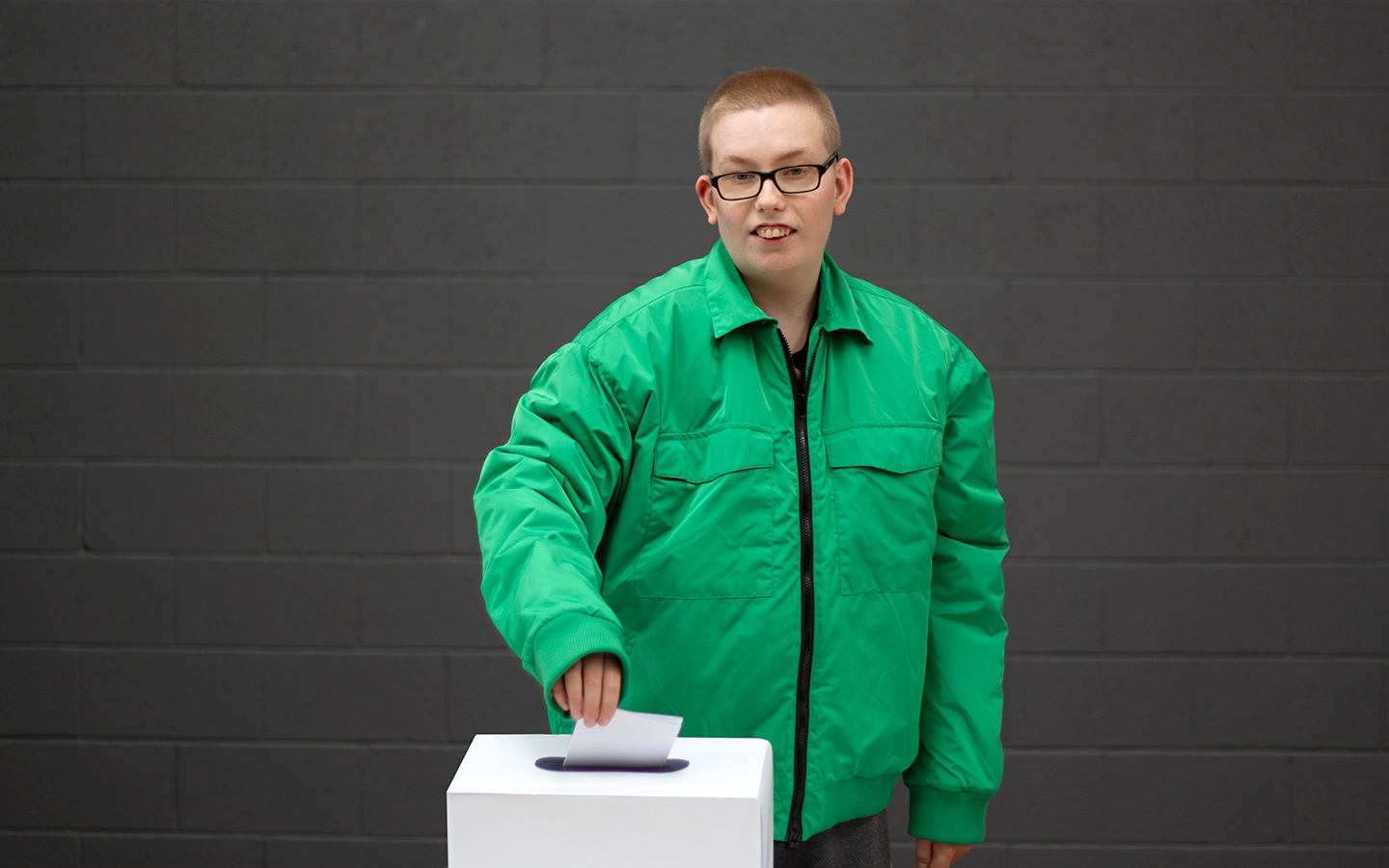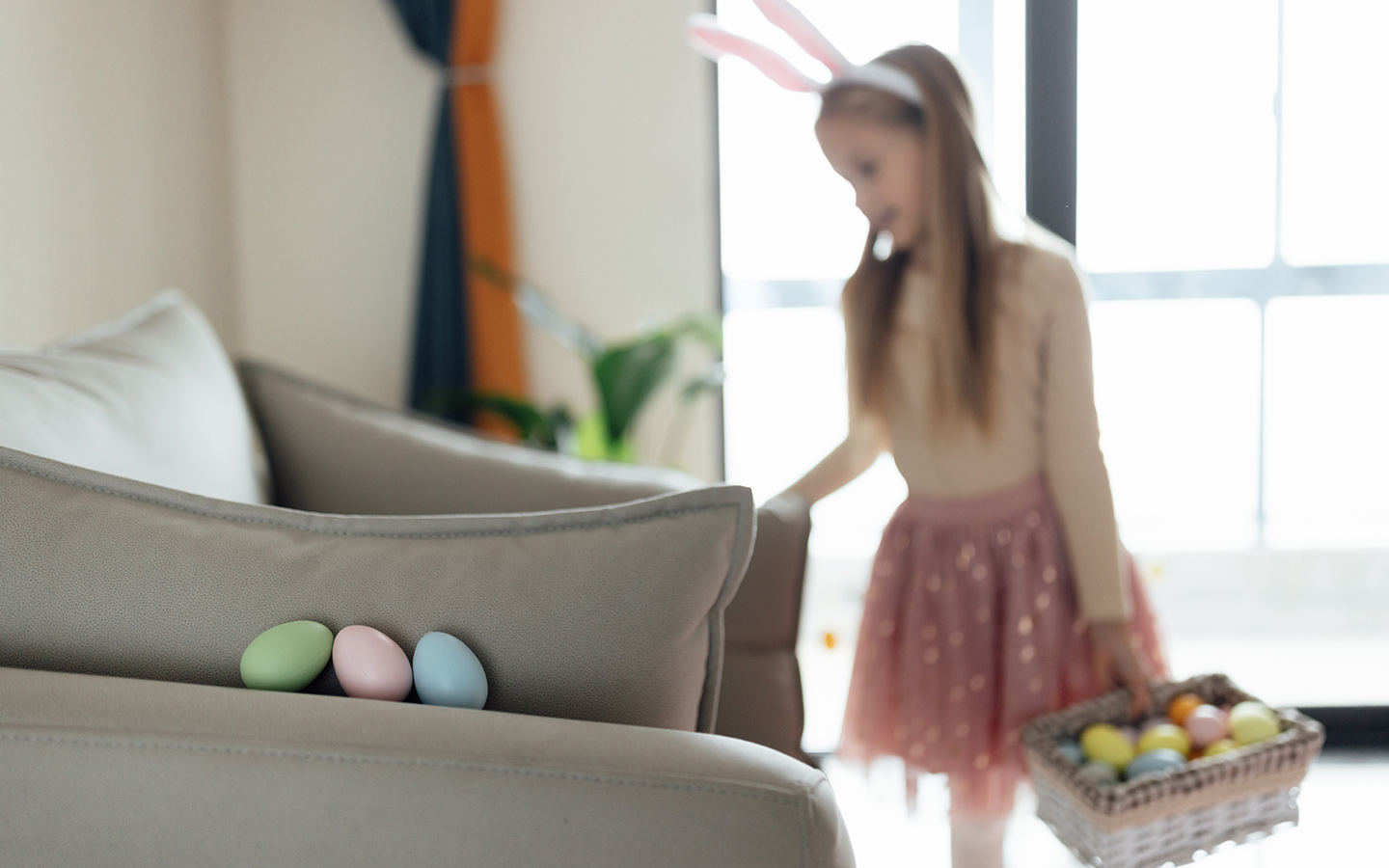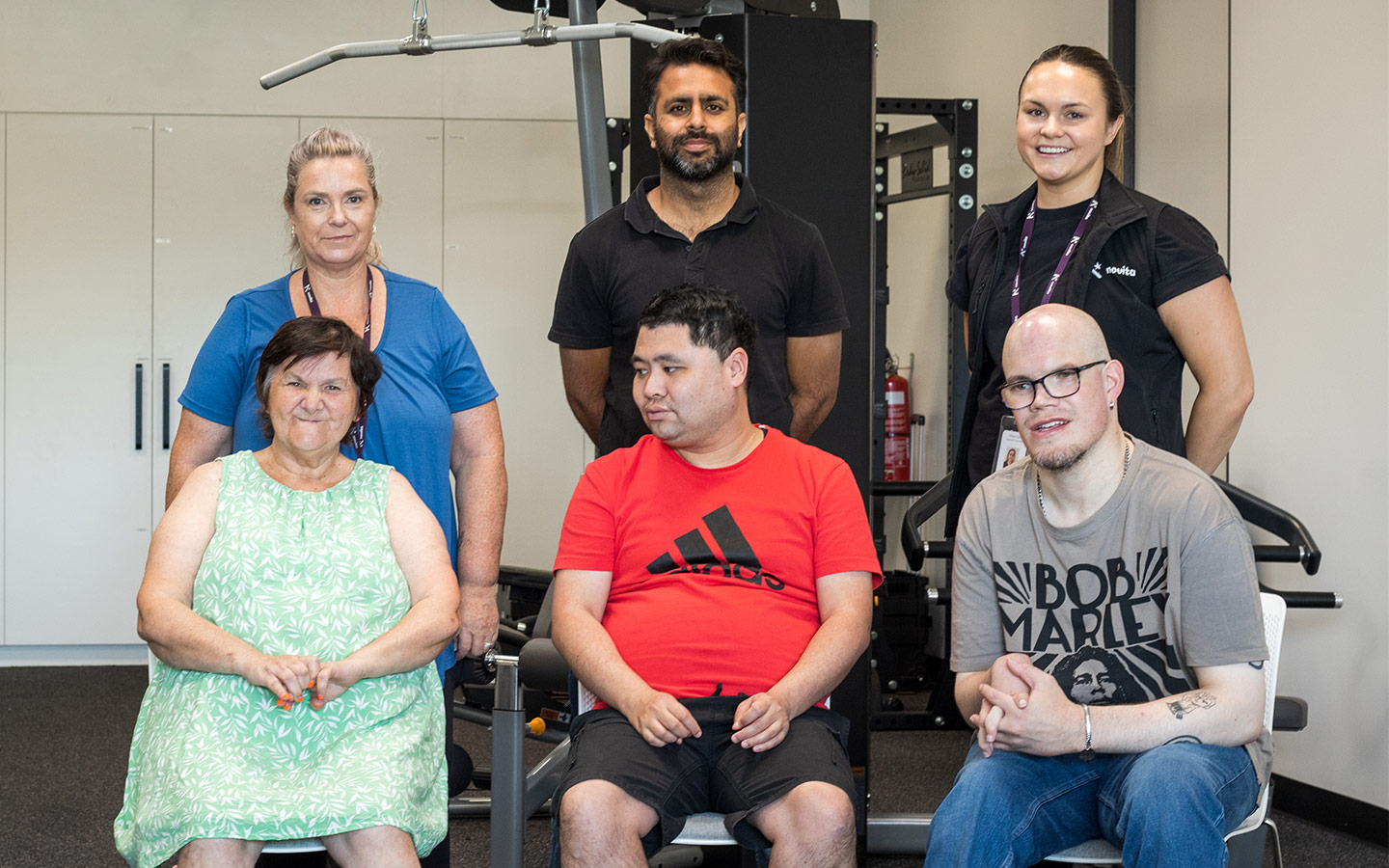Helpful Information
Community attitudes slowly changing
access_time5min read
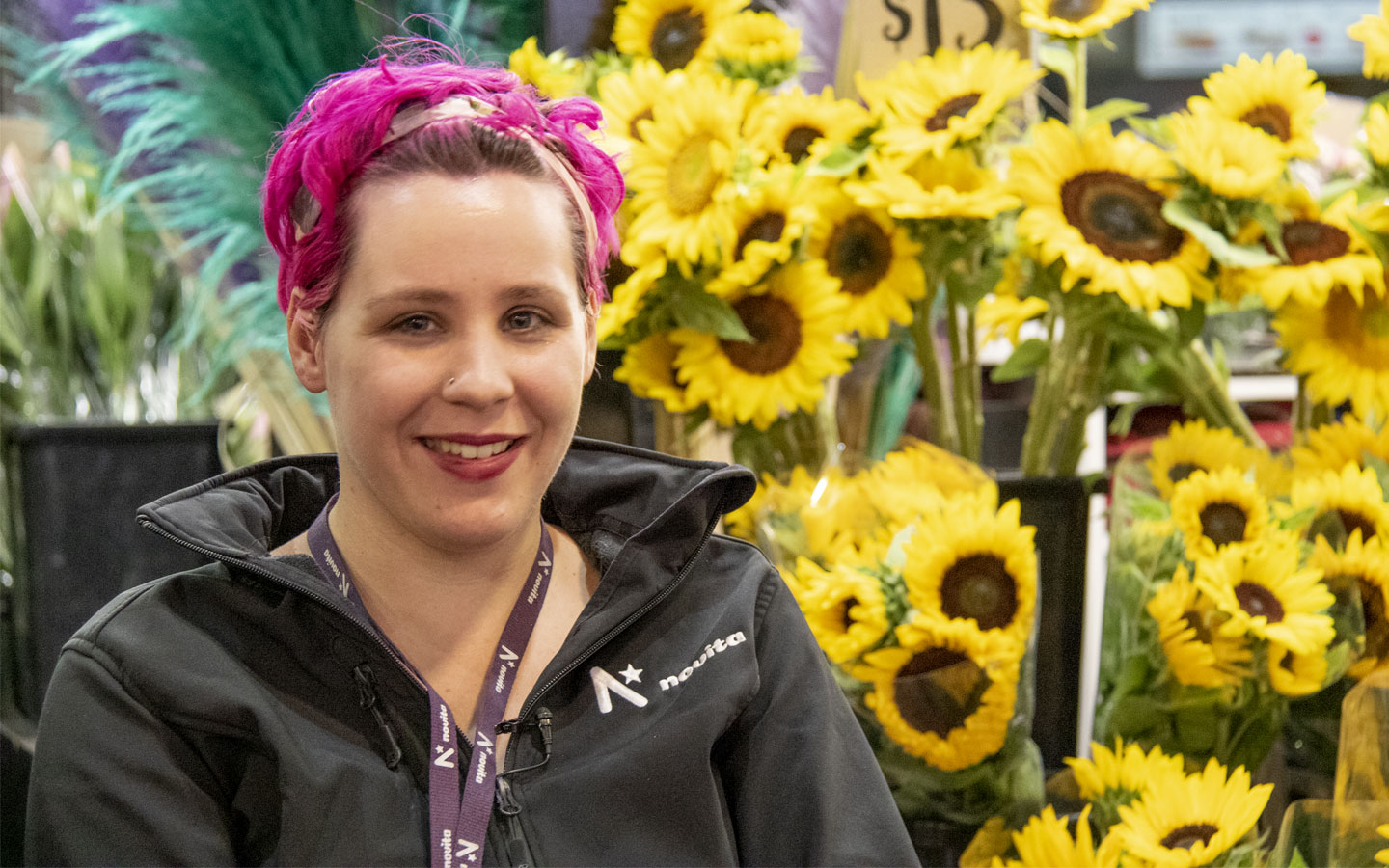
For Emily Harman, attitudes to disability and the language sometimes used can be very frustrating.
“I like to think that I come across as an intelligent and bright young person, and my disability is only as much a part of me as my eye colour,” says Emily, who is a support worker in Novita’s Transition to Work program.
“I had an experience recently when I was asked to leave a supermarket because my wheelchair was apparently taking up too much space. I rolled outside and burst into tears because I should have the same opportunities to go about my day without being constantly confronted with reminders about my disability.”
When we first met Emily she was a participant in Novita’s successful Transition to Work (TTW) program, which aims to support young people living with disability to learn important job skills and enter the workforce.
After successfully completing a Certificate Three in disability support work, Emily has now joined the Novita staff to mentor and guide TTW participants, as well as spending a day every week supporting Novita’s fundraising work as part of the Bingo team.
“I support the young people in the TTW program, with an end goal of helping them to find employment, because it can be quite a struggle for young people – whether they live with disability or not – to find a job,” she says.
“I know just how much of a struggle it can be – being young, with not much experience, and then you add a disability on top of that and it can basically feel impossible to find a job.
“Just a couple of years ago I struggled with my mental health because I felt I wasn’t good enough, even with my Year 12 and a qualification. There were a lot of rejections, and to be honest it seemed to be due to my physical disability and slight intellectual disability.
“Not many people and employers could see past my wheelchair.”
However, persistence paid off, and Emily’s message to young people living with disability and looking for a job is “be tenacious”.
“I was like a dog with a bone, and I wanted people to see that I was capable of doing the job. Yes, I might have to do some parts of the job differently, or I might have to have some supports in place, but that doesn’t mean I can’t do the job,” says Emily.
“Building relationships and learning how to network is also important.”
Emily says despite her recent supermarket experience and her struggle to find work, she thinks community attitudes and language is slowly changing.
“During the past ten years I’ve found that we are living in a different day and age. People seem to be kinder, which helps me to see more of the positives,” she says.
“However, it still happens. I can be out with my partner and people will direct their conversation just to him, as if I’m not capable of processing what they’re saying. I often dye my hair, and people will comment about how much they like it – but they’ll make the comment to him and not me, even though I’m there!
“I’ve also been using plasters to try and realign my legs, and that has drawn comments like ‘oh, what happened to you’ or ‘you poor thing’. I will mostly bite my tongue, but sometimes I just have to speak up and tell people that I don’t want their pity.
“But it is changing. Young people in particular have grown up in an era of technology and education, so the opportunity is there to be much more aware of disability issues. When I’m out with my friends we just get on with it.”
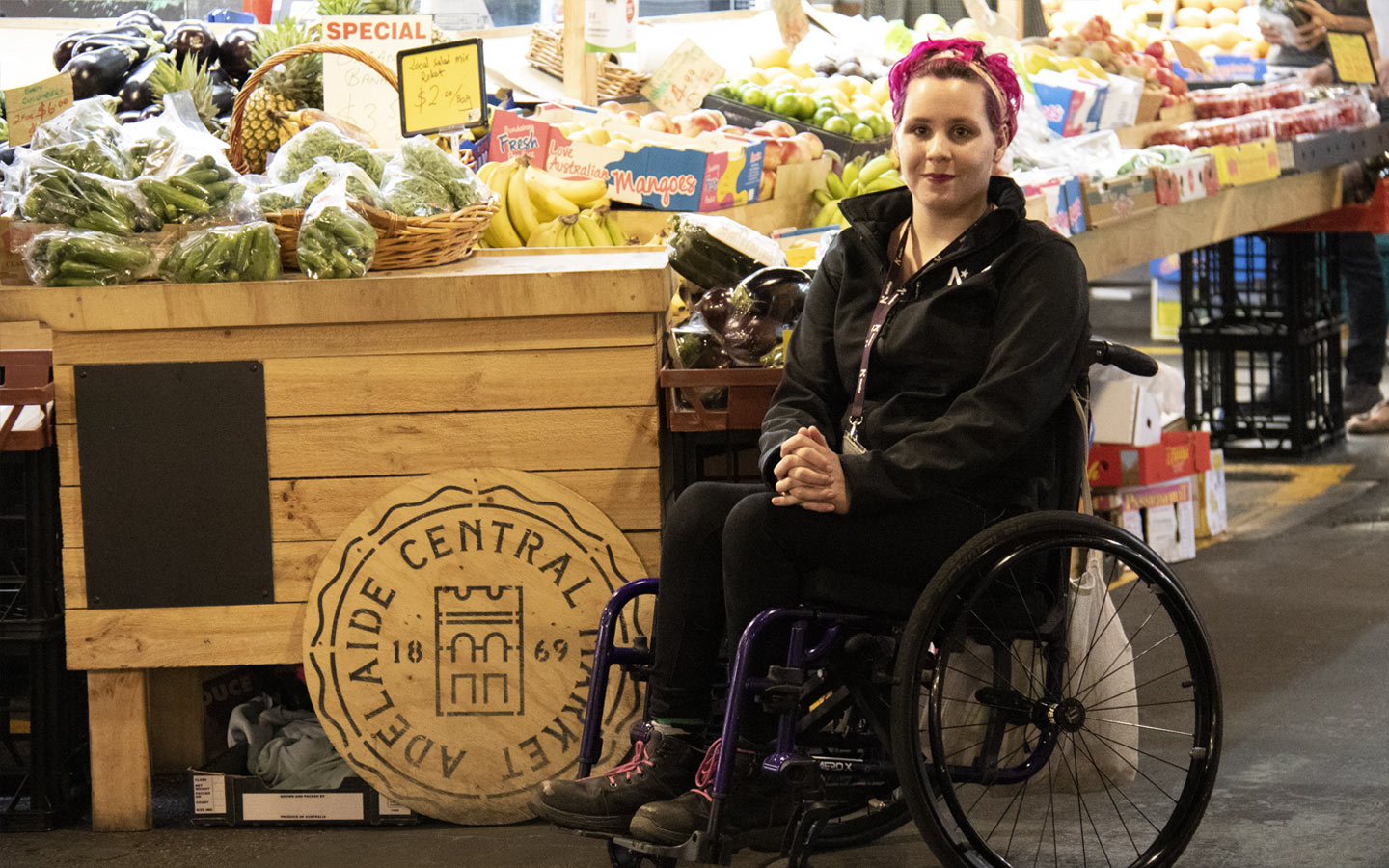
Language and disability
Emily’s tips for having a conversation with a person living with disability
- Don’t assume anything – such as being less capable, even though a person living with disability may present differently.
- Don’t make the disability the first question you ask or the first comment you make – I want to be seen as me, a young person that likes to go out and have a drink. I’m normally the one to address my disability, then it’s done and we can get on with it.
- Think before you speak!
- Engage in conversation with a person living with disability in the same way that you would expect people to engage with you.
- Always consider how you like people to treat you – I want to be treated the same way. It’s that simple, really.
Learn more about the Transition To Work Program supporting young people living with disability to gain employment through work experience and learning a core set of skills which can be applied to a wide range of different jobs and industries. NDIS funding is available.
